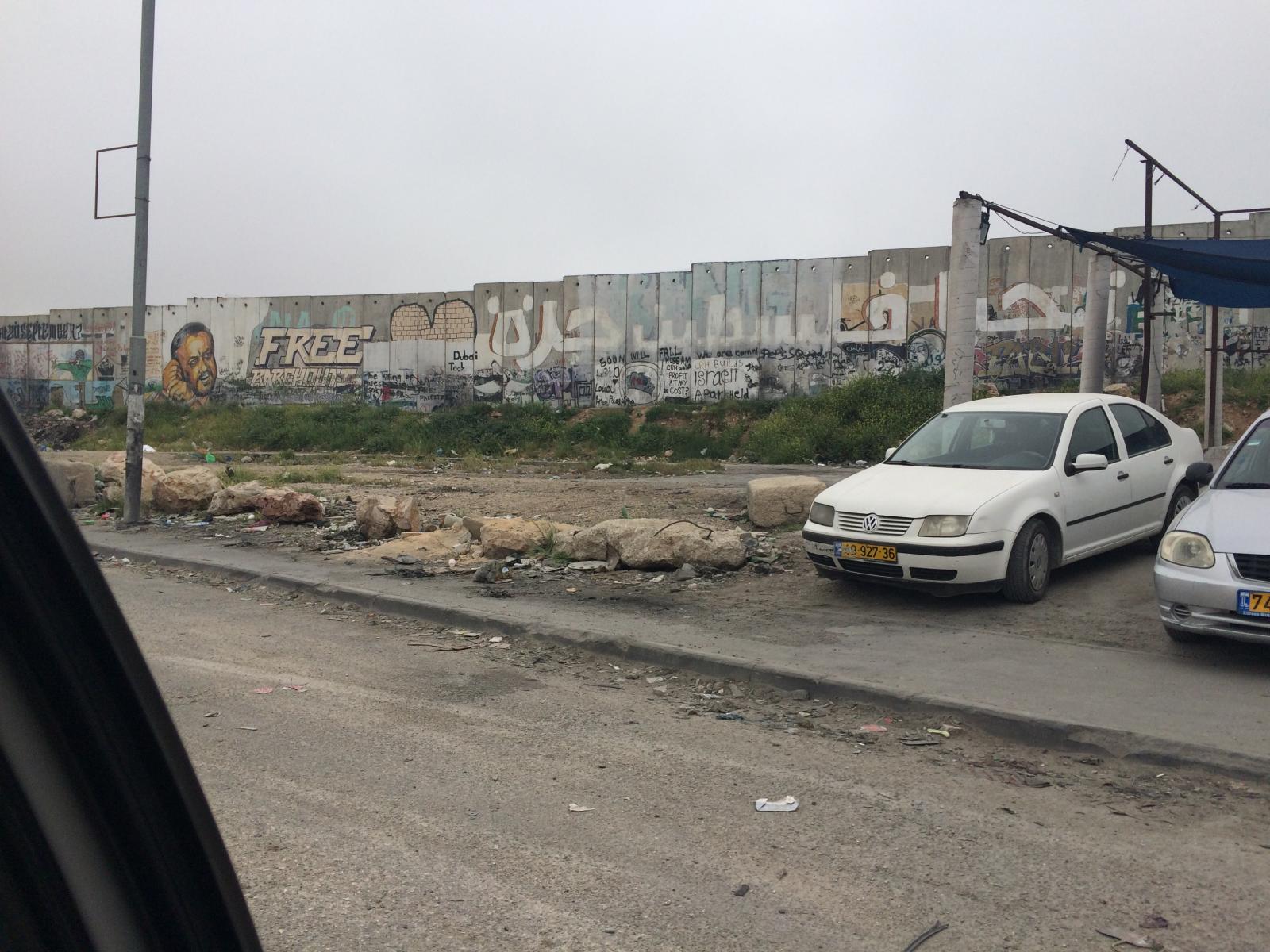
"Keepers of private notebooks are a different breed altogether, lonely and resistant rearrangers of things, anxious malcontents, children afflicted apparently at birth with some presentiment of loss."
—Joan Didion, "On Keeping a Notebook"
I am halfway into Sallie Tisdale's book Women of the Way, an indispensable chronicle of narratives by and about women in Buddhist lineages. "Obstacles often become doorways: what we struggle with frees us," she writes. "My bitterness made me long for a women's lineage, and finding a lineage has been the anodyne for my bitterness." The sexism and mandatory gender separation in the introductory chapter is dark and depressing.
I feel a little out of my body, pausing to wonder if I exist. History is a cruel book regurgitating the inferiority of one sex as supplemental chapters to the main.
A clip of Eartha Kitt (from the 1982 documentary All By Myself: The Eartha Kitt Story) breaking into sarcastic laughter at a male journalist asking her about "compromise" has circulated on the internet for years. That sentiment plays out in the media slightly differently every time the video goes viral. In 14 months of quarantine I've been struck by the change taking place in discourses over the lived experience of being a woman in relationship to patriarchal standards. Real fed up and shit.
Tired. I rub a light creamy lotion into my skin and pull out my laptop. Thirsty, head pulsing with the early blush of a headache.
They were like two mirrors facing each other. Who sees, who is seen? Seeing each other like this, they experienced the recognition everyone craves—to be seen exactly as we are, nothing more, and nothing less. Seen like this, all the many forms in the world are the same as one's own hand, one's own face.
My sense of my body slips away slowly, like two clouds softly tugged away from each other by a stubborn wind. It is some clock time between midnight and 4:00 a.m. Weird in-between state of fascination and sleepiness.
The next day I tell my therapist that my greatest resentment is how little they prepare you for becoming a woman. How twisted and sick it all is. He nods in easy agreement.
∞
I find a digital photograph in my hard drive titled "qalandiya.jpeg." It sits in a forgotten Documents folder along with a set of notes called "getting to Ben-Gurion." They're rough notes about how many militarized checkpoints it takes to get to the airport, every security barrier a quiz (actual, not metaphorical) to determine whether I'll be spat out the other side or forced to miss my flight.

The notes, as I find them now, seem written from the perspective of a window passenger assembling the sensory experience in front of her eyes as if from an editing deck, a broken cinema:
a bleeding of layers of security checks, a bleeding of air and land authorities, a bleeding of private and public governance
a dissolve
then superimposition:
the stain of each checkpoint experience carries over to the next, like the conjunctions of plastered graffiti on the wall
FREE BARGHOUTI bleeding into a wobbly brick heart bleeding into hurra (free)
Then there is a numbered list of every barrier to entry/exit in the short ride to the airport:
1. Qalandiya Checkpoint
2. Maccabim Crossing
3. Bir Mo'een (Well of Paradise)
which becomes
4. Mode'een - Information Center
5. private security (unknown)
6. airport screening, point zero
7. airport screening, point one
8. airport screening, point two
9. security screening for your luggage
10. boarding
At sunset I move large furniture around the apartment like my grandmother used to do when the reality distortion field of her lived experience and the weight of history got too be, well, too much.